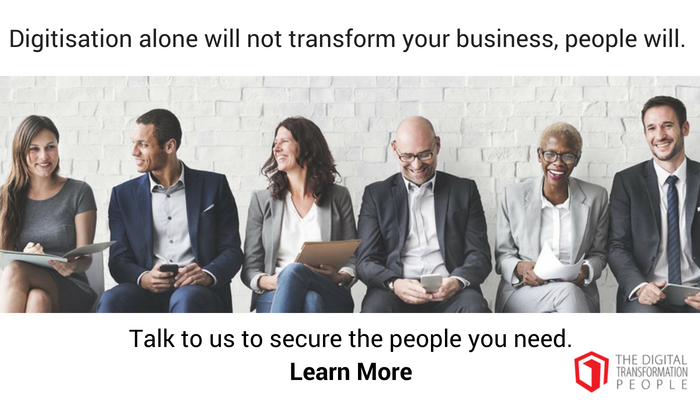13 Reasons Why – #5 ICD-11. I recently did a series of short videos on LinkedIn entitled 13 Reasons Why exploring why every organisation needs to invest in building and sustaining a workforce that is resilient in the face of constant, uncertain, complex, volatile and ambiguous change.
I received positive feedback on the series and was asked to augment it with a series of articles on the same subject. Here you are.
Burnout – occupational phenomenon
In May 2019, the World Health Organisation (WHO) declared burn-out in the workplace as an occupational phenomenon and included it in the International Classification of Diseases (ICD-11).
According to WHO:
“Burn-out is defined in ICD-11 as follows:
Burn-out is a syndrome conceptualized as resulting from chronic workplace stress that has not been successfully managed. It is characterized by three dimensions:
* feelings of energy depletion or exhaustion;
* increased mental distance from one’s job, or feelings of negativism or cynicism related to one’s job; and
* reduced professional efficacy.”
https://www.who.int/mental_health/evidence/burn-out/en/
A leadership issue
A mentally healthy workplace is one that protects and promotes mental health and empowers employees to seek help for depression, anxiety, stress (and any other related issues) for the benefit of the employee and the organisation.
While creating a mentally healthy workplace is everyone’s responsibility, mental health is a leadership issue, and change must start at the top.
Owners, C-suite, executives and organisational leaders play a critical role in driving policies and practices that promote mental health in the workplace. They have the capacity to positively influence workplace culture, management practices and the experiences of employees.
The time to do that is NOW.
Call to action
You’ve got this.
* Identify causes of poor mental health specific to the workplace such as stress and inflexible hours, and tailor actions to address these risks.
* Implement workplace policies, practices and programs that encourage employees to seek help for mental health conditions.
* Remove the stigma associated with mental health by having honest and open conversations.
* Demonstrate commitment to good mental health in the workplace.
* Acquire resources to protect employee mental health and promote them throughout the workplace to ensure that there is widespread awareness of them.
* Provide mental health training for employees so that they are equipped with the skills and knowledge they need to manage their own mental health and support their colleagues in the workplace.
* Invest in provision of tools, resource and support to create and sustain a workforce that is resilient in the face of constant and uncertain change.
* Provide education in regard to the early identification of signs of potential mental health issues and the actions to be taken.
Article by channel:
Everything you need to know about Digital Transformation
The best articles, news and events direct to your inbox










